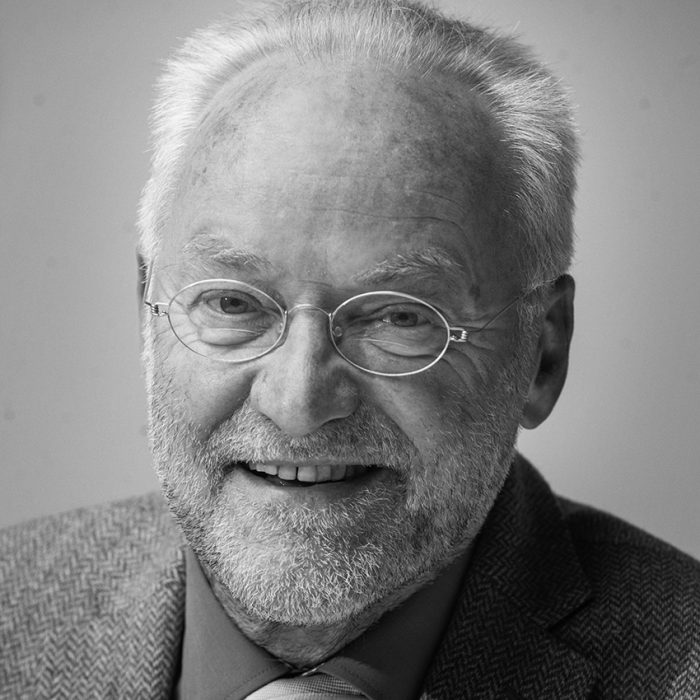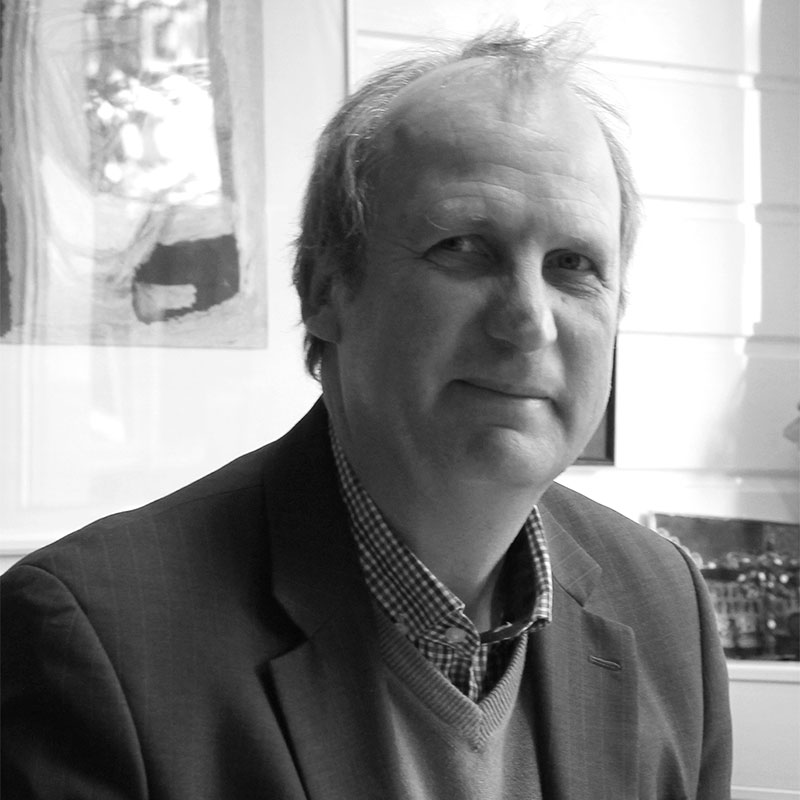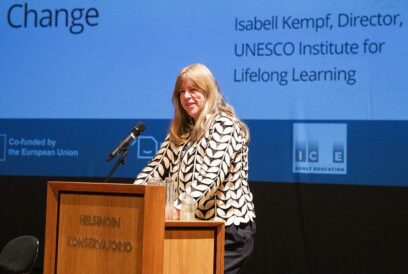

Education in itself does not seem to make life more satisfying, but to lead a happy life, one must be well-informed, says Ruut Veenhoven, Professor Emeritus of social conditions for human happiness. Here’s what he has to say about the relations between health, happiness and learning.
Does happiness stimulate health – and the other way around?
“A simple answer to this question is yes. But the effect of happiness on health appears to be twice as strong as the effect of health on happiness.
Happiness affects physical health in several ways. One mechanism is that unhappiness triggers the stress response, which subsequently lowers the immune system.
Other mechanisms are behavioural, such as happy people live more healthily, follow doctors’ advice more often and get more social support.”
Are people on a higher education level happier?
“Though highly-educated people tend to be healthier, they are hardly happier. The small correlation between happiness and education often turns negative when income is controlled, which suggests that education in itself does not make life more satisfying.
Though average happiness is higher in countries where the population is well educated, the most highly educated people in these countries are hardly happier than their less educated compatriots. The same picture emerges in the case of intelligence, typically a result of education.
This is one of the surprises of empirical happiness research!”
For some people, learning can be a very hard challenge with hardly any fun. Does learning only make those people happy who learn easily?
“The above findings suggest that education does not even add to the happiness of successful learners.”
Today, people seem to be scared and unhappy because they follow the news. From climate change to wars, the global news coverage tends to be all about negative phenomena. Would it be better not to learn about any of that, but to be “silly but happy”?
“Negative news coverage makes people scared and feeds dissatisfaction with society, but not with one’s own life as a whole.
The level of happiness, meaning life satisfaction, is high in contemporary modern nations and in most of these nations average happiness has increased a bit over the last 50 years.
One of the reasons for this pattern is that bad news helps to identify and solve social problems, thus producing a more liveable society, albeit at the cost of dissatisfaction with society.
An analogy is that hypochondriac people care much about their health and may therefore live longer but worried lives. Hence, I call this pattern ‘social hypochondria’.
‘School-dummies’ may be happier but ‘life-dummies’ are certainly not. To lead a happy life, one must be well-informed, in particular in contemporary multiple-choice society.
To make the right choices, one must have a view on the possible ways of life and one must know oneself. Social intelligence is also required.
Yet development of these skills is marginal in contemporary school education. ‘Schooling for life’ is more a promise than a reality.
Illustrative in this context is the fact that there is no research on the long-term effects on happiness of different kinds of school education, not even by reform educationalists.”
Ruut Veenhoven
- is emeritus-professor of ‘social conditions for human happiness’ at Erasmus University Rotterdam in the Netherlands and Extraordinary Professor at North-West University in South Africa.
- studied sociology and is also accredited in social psychology and social sexology.
- is Director of the World Database of Happiness and a founding editor of the Journal of Happiness Studies.
- His current research is on subjective quality of life.
- His major publications are: ‘Conditions of happiness’ (1984), ‘Happiness in nations’ (1993), ‘The four qualities of life’ (2000) and ‘Greater happiness for a greater number: Is that possible and desirable?’ (2010). He has also published on abortion, love, marriage and parenthood.

Author






